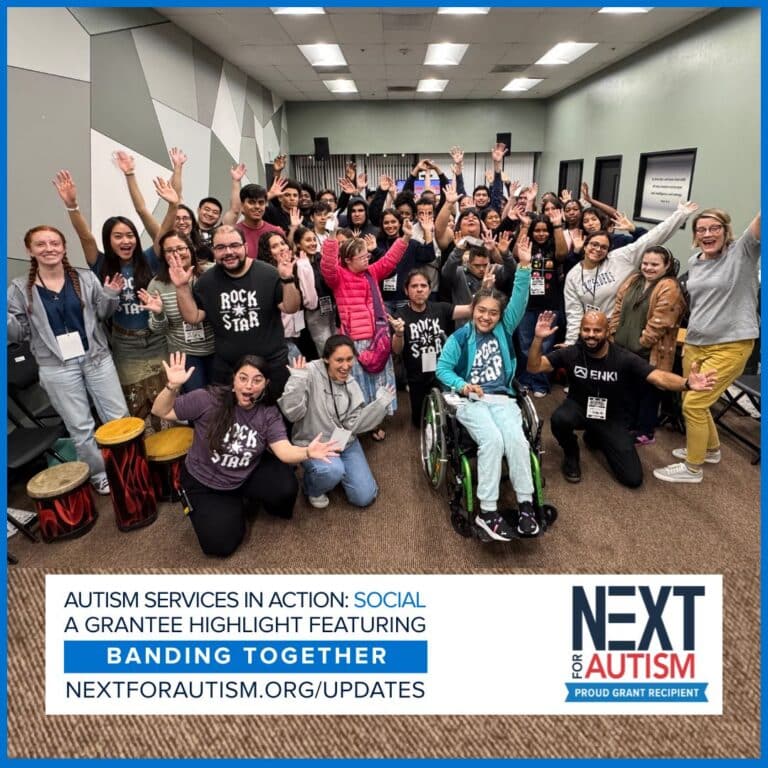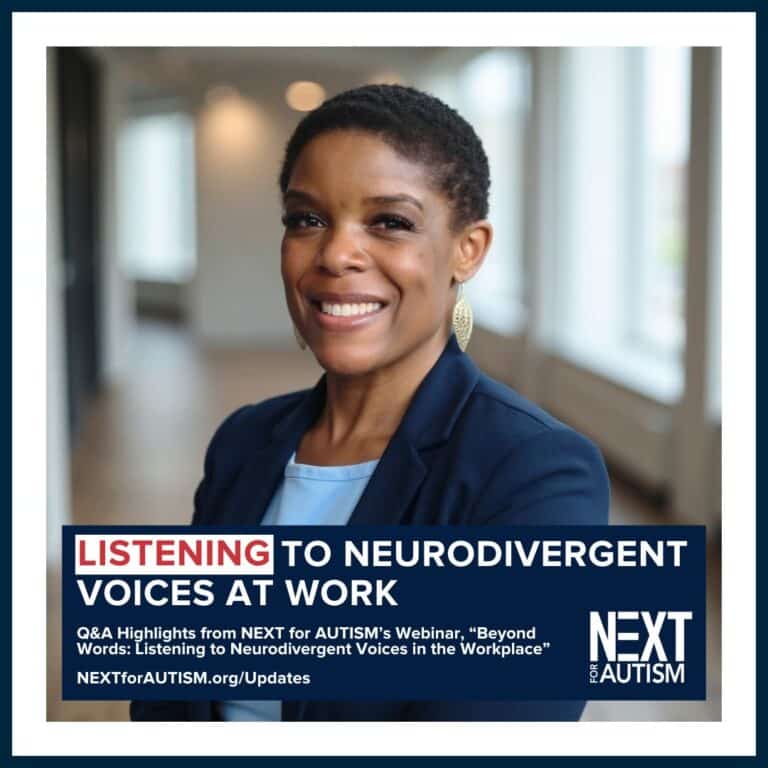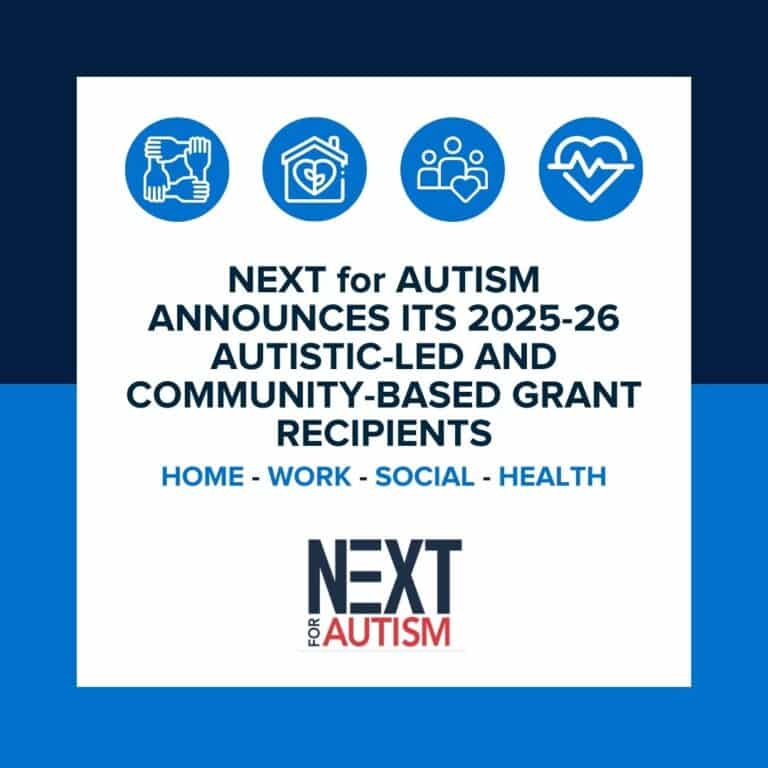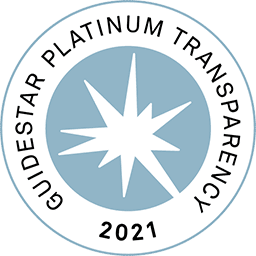To disclose or not to? It’s a question autistic people must grapple with, especially in the workplace. Should you share that you are on the spectrum with your employer and colleagues? For many, there is an all-too-real fear of the potential repercussions to this decision to be open. How will my peers treat me? Will my employer be willing to make accommodations? Will I be more likely to face discrimination? Will I not get the job? Will it prevent me from progressing in my role, being successful and productive? While we’ve made progress, not all companies have the necessary practices in place to embrace their neurodistinct employees, to be truly inclusive.
For more insight, I recently interviewed Jim Hogan, a member of the NEXT for AUTISM Advisory Board and the 2020 recipient of the Els for Autism Foundation Spectrum Award, which honors an autistic individual shining a positive light on autism through his/her character, positive attitude, and contributions. Jim also works as the Innovation Strategist of Healthcare and Life Sciences at Google.
Jim recalls being asked specifically about his disability status when filling out his application to work at Google, a drop down with the options "physical" or "neurological" appeared . It marked the first time a potential employer ever asked him to check this type of box. Though surprised to see the forward question, he gladly disclosed it.
And then, shortly after he was hired, Google invited Jim to join a enterprise resource group for autistic employees. There, Jim and other Google autistic employees discuss issues that frequently impact their work or interactions with co-workers, such as building greater trust with others in their workplace, navigating tough situations, and more. Jim remembered that one time he discussed how he trusts too much and shares more than he should. Another time opening up about fearing autistics may be targeted or taken advantage of by people who perceive autism as a weakness.
For Jim, the group offers a safe space to discuss and more effectively navigate these complex issues. He shared that in an environment like Google, which embraces and supports neurodistinctions like autism, disclosure is not a problem. He has even been tapped as a leader in the company’s autism initiatives and has been asked by Google co-workers to provide them mentoring.
Before working at Google, Jim led a tenured career at other tech companies, where the workplace culture was not as welcoming or accommodating. Jim notes being on the receiving end of some incredibly hurtful comments, including, “Isn’t there a pill you can take to make you more normal?” He also recounts a time when he paired with a colleague for an ice breaker activity and decided to share his autism status. Later, back in the large group setting, the moderator asked his colleague what he’d learned about Jim. The colleague responded, “Jim has a learning disability.” Jim quickly corrected him that autism is not a learning disability. Still, that wasn’t the first time someone made that mistake, and Jim knew it wouldn’t be the last.
Jim believes the most significant issue he contends with is a general lack of understanding or misperceptions from non-autistic people. They may not understand his sense of humor, his rocking, or his tapping. He empathizes with others who may not want to (or feel able to) disclose their status, feeling they likely don’t want the exhausting responsibility of educating everyone around them virtually every day about autism. “It’s hard to teach understanding about autism to others, and sometimes it feels like an uphill battle,” Jim observes. “Especially if autism is something that doesn’t directly impact your colleagues.”
Having experienced all of this makes Jim’s current experience at Google that much more welcome, he feels like he is valued and can really belong. He’s proud his peers see that Jim is much more than his autism – he is a creator, leader, and innovator.
As the tech industry expands accessibility by building on innovative perspectives, the benefits of inclusive environments will become increasingly apparent, much like Google has been for Jim. Imagine the possibilities if all companies took these critical initiatives and became more inclusive for their neurodistinct employees!








Leave a Reply